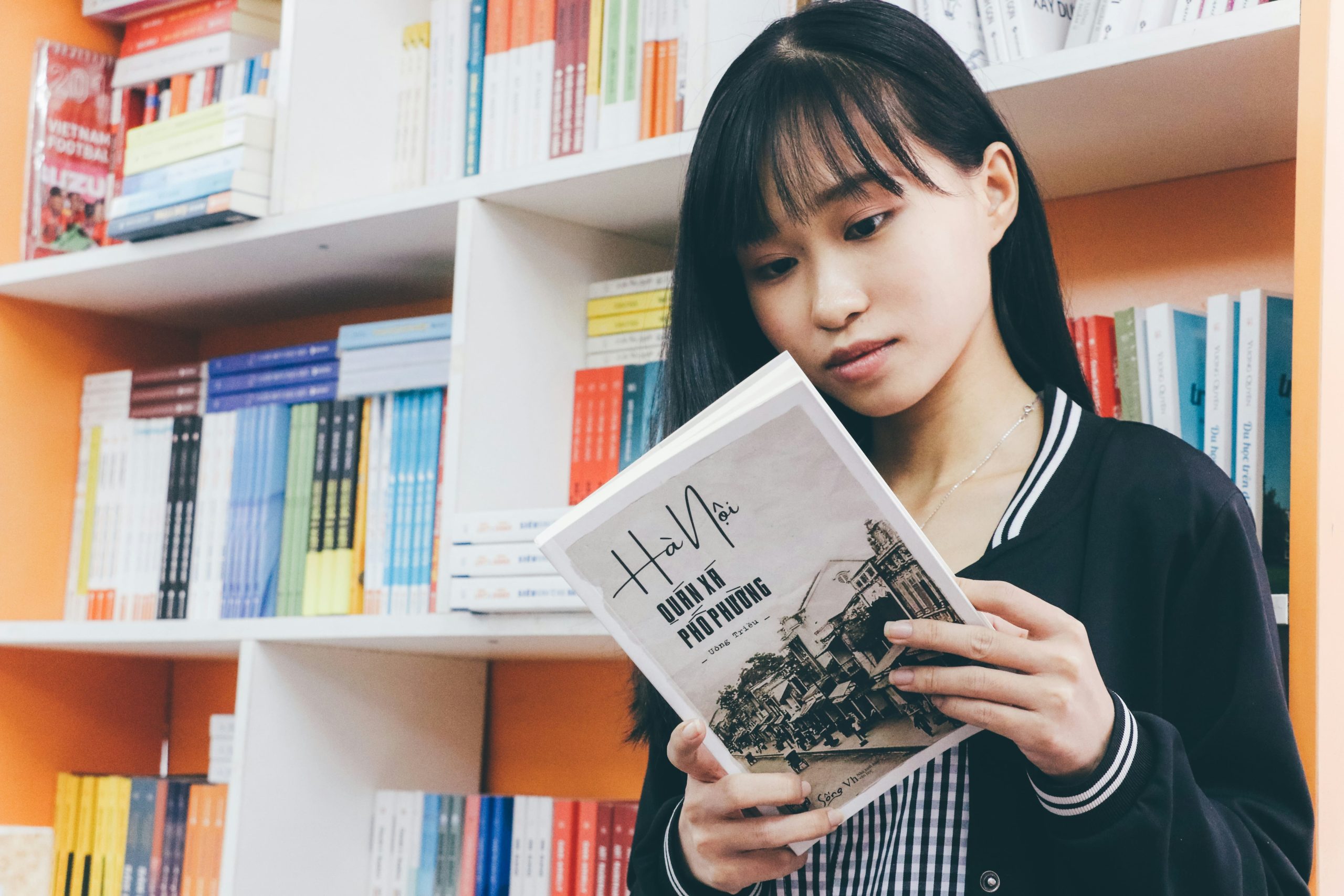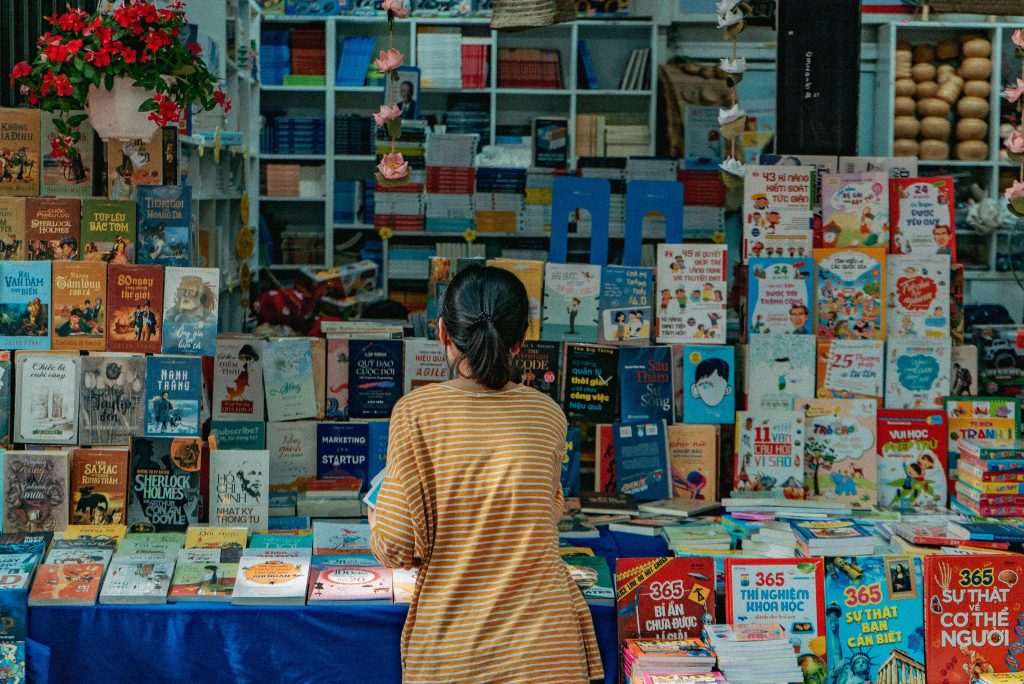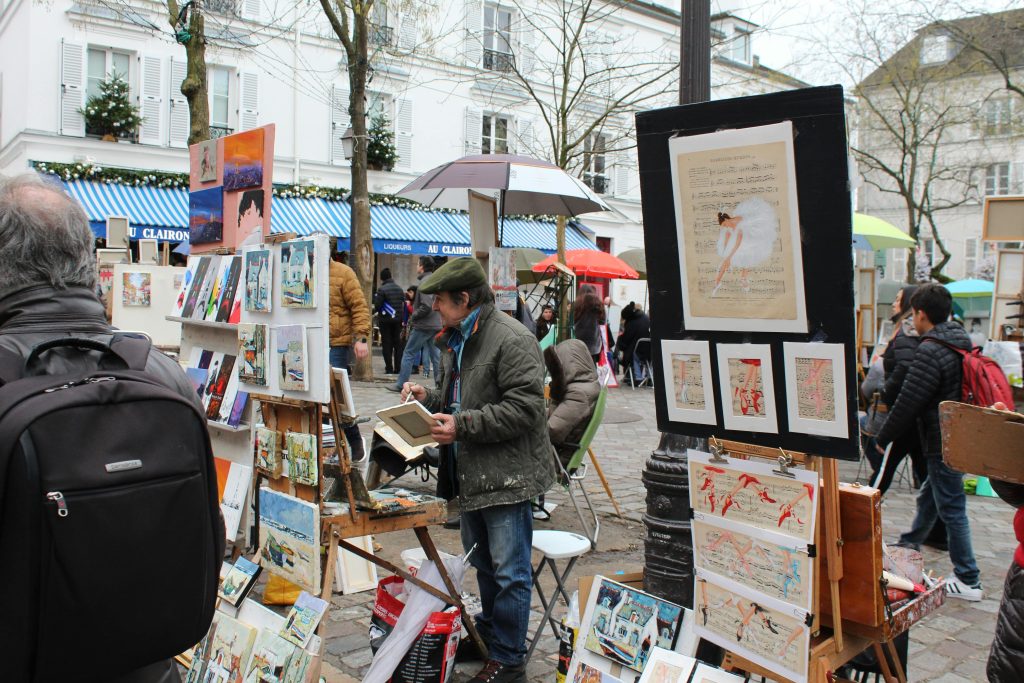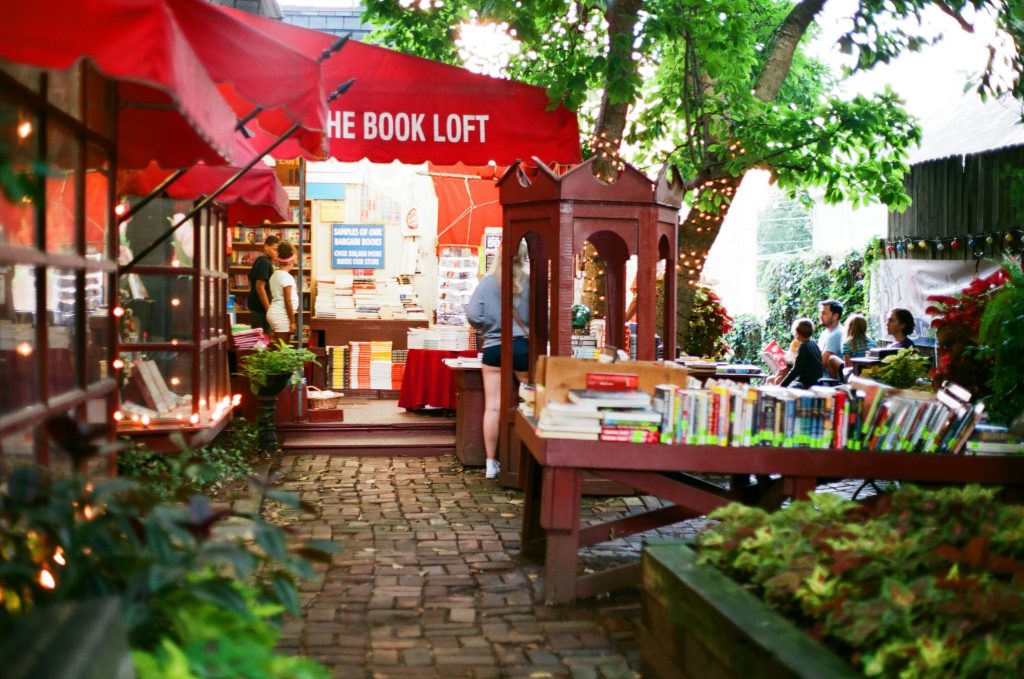
13 Oct Your Guide to Author Signings, Book Fairs, and Literary Meet-ups in 2025
INTRODUCTION
The joy of connecting with a favorite author or discovering a new literary voice goes far beyond the act of reading—it’s about sharing a passion for stories, ideas, and imagination. Author signings, book fairs, and literary meet-ups create unique spaces where readers and writers engage face-to-face, transforming reading into a shared cultural celebration. These gatherings serve as the heartbeat of the literary world, fostering creativity, community, and connection. This article explores how these events shape today’s literary landscape, examining their purposes, formats, and the lasting value they bring to both authors and audiences.
Author Signing Events: The Personal Connection
Author signing events are among the most cherished traditions in the world of books. They allow readers to meet their favorite authors, exchange a few personal words, and receive a signed copy that turns an ordinary book into a meaningful keepsake. These events are designed to celebrate readers, promote books, and strengthen the bond between authors and their audiences.
Signings can take place in a wide variety of settings. Independent and chain bookstores often host them to introduce new releases, while literary festivals and conferences include signing sessions alongside panel discussions and readings. Exclusive signings for bestselling authors draw large crowds, while virtual signings have become increasingly popular, allowing global fans to participate and receive signed editions by mail.
A well-run signing requires thoughtful organization. Event staff coordinate queues, manage time efficiently, and ensure each attendee has a memorable experience. Typically, attendees are encouraged to purchase a book at the venue, which helps support both authors and booksellers. Many events also offer photo opportunities, giving fans a chance to capture the moment. Readers can make the most of these events by arriving early, preparing thoughtful questions, and respecting the time limits set for each interaction.
Book Fairs: The Literary Marketplace
Book fairs are lively celebrations of literature that bring together publishers, authors, booksellers, educators, and readers. These events act as cultural and commercial hubs where literary trends are showcased, book rights are negotiated, and new talent gains visibility. Beyond their economic role, book fairs inspire curiosity and encourage lifelong learning by promoting reading as a shared social activity.
Different types of book fairs serve different purposes. Trade book fairs—such as the Frankfurt Book Fair, London Book Fair, or Bologna Children’s Book Fair—focus on industry professionals, including publishers, agents, and translators. These events emphasize rights trading, networking, and international collaboration. Public book fairs, like local or national reading festivals, are open to general audiences and highlight regional authors, small presses, and literacy initiatives. Some fairs combine both professional and public programming, ensuring a broad and inclusive appeal.
A typical book fair includes exhibitor booths, author signings, panel discussions, workshops, and book launches. Visitors can explore thousands of titles, discover emerging voices, and engage in meaningful conversations about the state of literature today. The atmosphere is often festive and inspiring, leaving attendees with new ideas, new books, and sometimes, new friends who share their literary enthusiasm.
Author Meet-ups: Building Community
Author meet-ups differ from signings and fairs by emphasizing conversation over commerce. They provide an intimate setting where readers and writers can interact on a more personal level. These gatherings foster a sense of community, offering opportunities for dialogue, feedback, and creative exchange.
Meet-ups take many forms. Some are casual gatherings in cafés, libraries, or bookshops, where readers can discuss works directly with authors. Others occur within book clubs, offering members the chance to hear firsthand about an author’s inspiration or writing process. Thematic meet-ups may center on specific genres or social topics, while interactive formats—such as writing workshops or Q&A sessions—allow for deeper engagement.
In recent years, digital meet-ups have become increasingly popular. Social media platforms, livestreams, and video calls now enable fans from around the world to participate, removing geographical barriers. These events are typically smaller, conversational, and often free or low-cost, making them accessible to a wide audience. They promote not only reading but also the human connection that lies at the heart of storytelling.
Key Considerations for All Literary Events
Whether it’s a signing, fair, or meet-up, every successful literary event relies on strong planning and community awareness. Effective promotion, clear communication, and thoughtful scheduling are essential to attract participants and ensure a positive experience. Organizers should define their goals early—whether the event aims to promote a new release, celebrate local authors, or encourage reading among young audiences—and design the format accordingly.
Accessibility should always be a priority. Venues must be inclusive, offering easy access for all participants regardless of ability or background. Providing affordable entry, diverse representation among speakers, and flexible participation options (such as hybrid or virtual attendance) helps create a welcoming environment.
Technology now plays a crucial role in organizing literary events. From digital ticketing and social media promotion to livestreamed panels and virtual book tours, online tools enhance visibility and convenience. They allow audiences to interact with authors in real time, expanding the reach of literary culture far beyond physical venues.
Equally important is maintaining proper etiquette. Authors should engage with attendees respectfully and authentically, while readers are encouraged to be courteous, follow event guidelines, and respect time constraints. This mutual respect ensures every encounter remains enjoyable and meaningful for everyone involved.
CONCLUSION
Author signings, book fairs, and literary meet-ups each contribute uniquely to the cultural vitality of the reading world. Signings nurture personal connections, book fairs celebrate diversity and innovation, and meet-ups build lasting communities of shared passion. Together, they sustain the bridge between writers and readers, ensuring that the love of literature continues to thrive in a digital age.
These gatherings are more than just events—they are living celebrations of creativity, communication, and curiosity. Whether you’re an avid reader eager to meet your favorite author, an aspiring writer looking to learn, or simply a book lover seeking inspiration, participating in these experiences helps keep the world of literature alive, dynamic, and ever-evolving.
KEY TAKEAWAYS
- Literary events foster connection and creativity. Author signings, book fairs, and meet-ups bring readers and writers together, transforming reading from a solitary experience into a shared cultural celebration that strengthens community and inspires imagination.
- Author signings offer personal engagement. These events give readers a chance to meet their favorite authors, get signed books, and share meaningful moments, whether in bookstores, festivals, or virtual settings. Preparation and etiquette—like arriving early and being respectful—enhance the experience.
- Book fairs serve as vibrant literary marketplaces. They unite publishers, authors, educators, and readers, highlighting trends, promoting new voices, and supporting global collaboration. Public fairs engage communities, while trade fairs focus on professional networking and rights trading.
- Author meet-ups build lasting literary communities. Smaller and more conversational than fairs, meet-ups encourage open dialogue and deeper understanding between writers and readers. Digital platforms now make these interactions accessible worldwide.
- Successful events rely on strong organization and inclusivity. Clear goals, accessible venues, diverse representation, and hybrid formats help create welcoming, engaging experiences for all participants.
- Technology expands literary engagement. Online promotion, digital ticketing, and livestreamed sessions make literary events more visible and accessible, allowing readers to connect with authors globally.
- Respect and etiquette sustain meaningful experiences. Both authors and readers share responsibility in maintaining a positive, respectful atmosphere that values time, creativity, and genuine human connection.
- Literary gatherings keep storytelling alive in the digital era. By celebrating books, ideas, and shared curiosity, these events ensure that the passion for literature continues to grow—uniting people through words, stories, and imagination.
FAQ
What should I bring to an author signing event?
When attending an author signing, bring a copy of the author’s book—preferably purchased at the event—as this often supports the host venue. A notebook for jotting down insights or questions is also useful. Arrive early, and check the event’s guidelines for photo or signing policies.
Why are book fairs important for readers and writers alike?
Book fairs serve as vibrant cultural and commercial platforms that connect publishers, authors, and readers. For writers, these events offer exposure and networking opportunities; for readers, they provide access to new titles, emerging voices, and interactive sessions that foster a deeper love of literature.
How can I join or organize an author meet-up?
Joining a meet-up is often as simple as checking library announcements, social media groups, or local bookstore events. To organize one, define your theme, invite authors or readers with shared interests, and choose an accessible venue or online platform. Consistent communication and inclusivity are key to success.
Aspiring authors can gain a deeper understanding of the craft by joining writing workshops that focus on specific genres. These sessions not only teach essential writing skills but also help you understand audience expectations and develop stories that truly resonate with readers.



